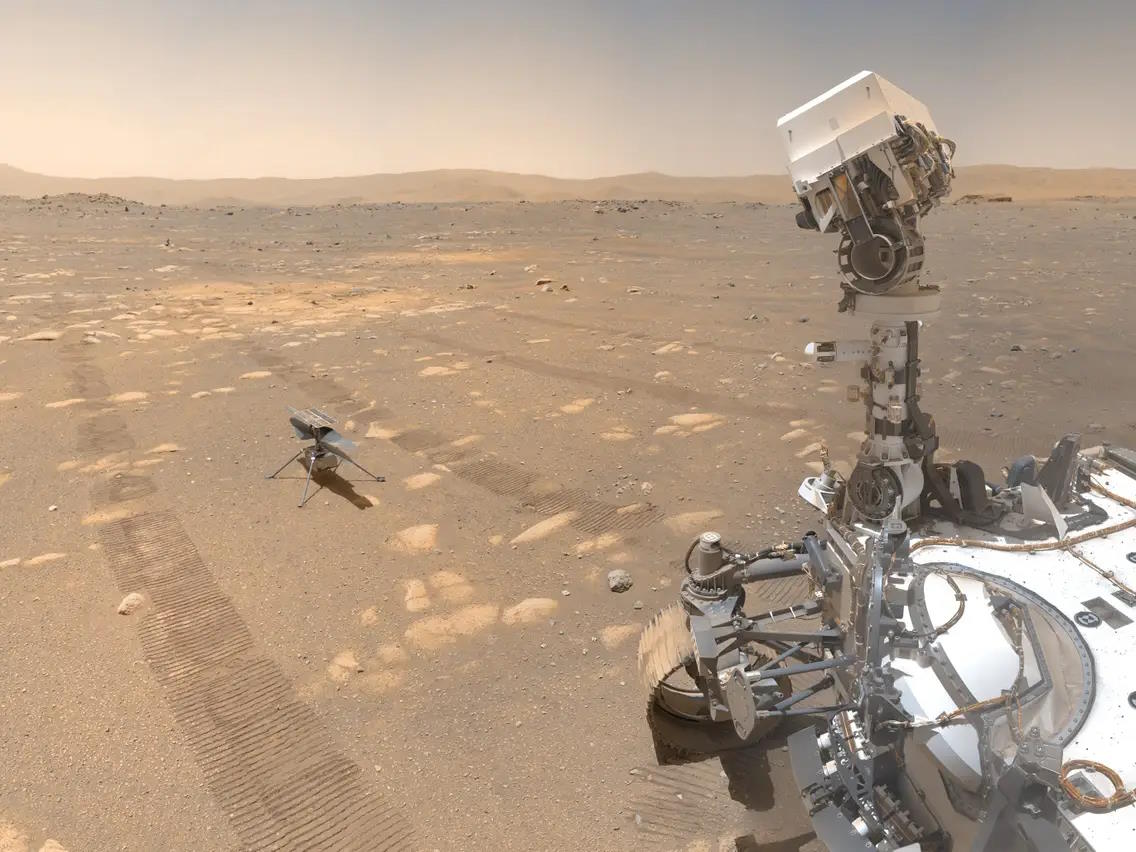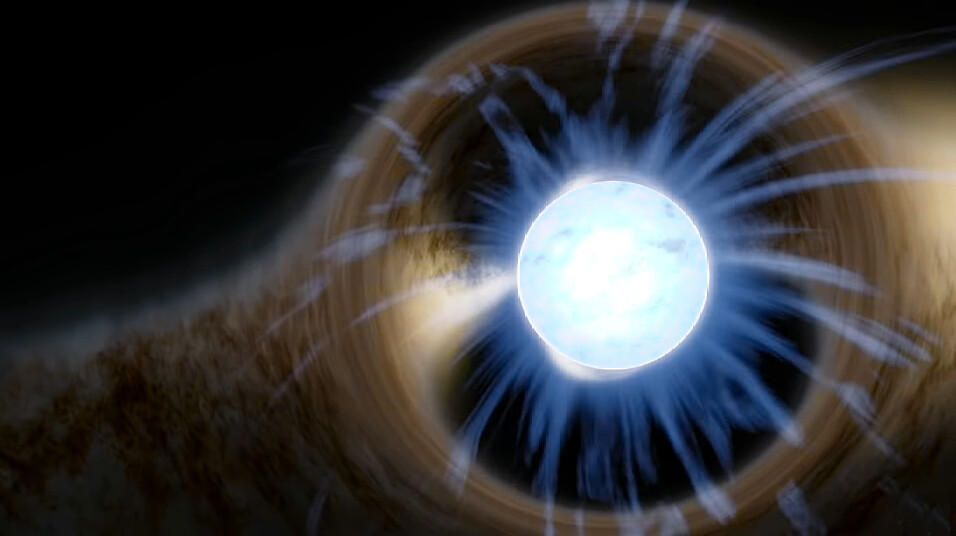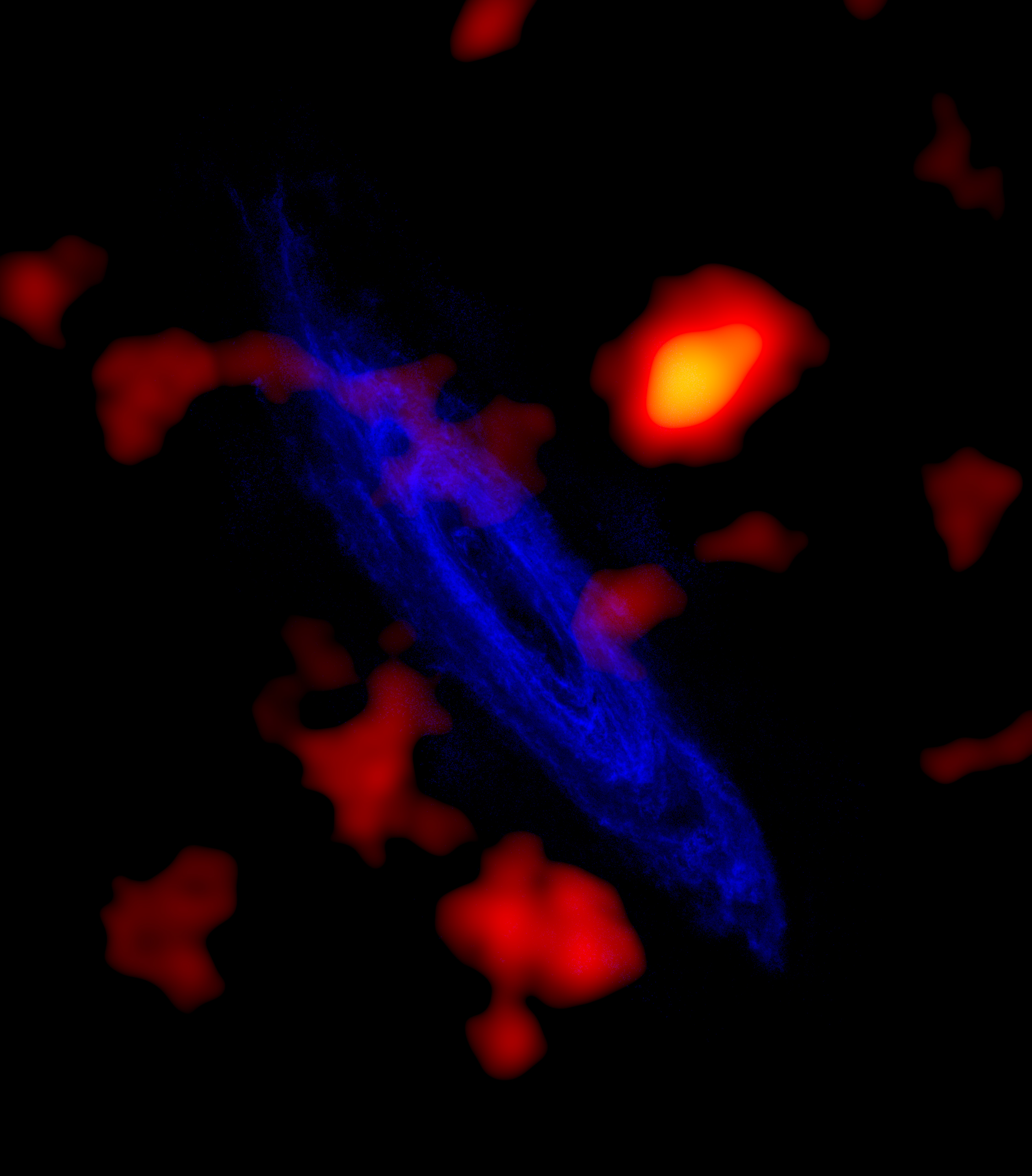Starts With A Bang Podcast #93 – Mars from the ground

- It was only since the start of the space age that we viewed Mars up close, and even though the Viking landers happened in the 1970s, we didn’t start roving on the surface until very recently.
- We’re now in the 4th generation of Mars rovers, and our podcast guest for this month, Dr. Tanya Harrison, has been a part of three of them, discovering so much along the way.
- While the best explorers of the past have been robotic, the next frontiers almost certainly require humans. Listen in and find out why!
One of the most exciting possibilities for life beyond Earth doesn’t require us going very far. While Mercury and the Moon have no atmosphere and Venus is an inferno-esque hellscape, Mars offers a tantalizing possibility for a new line of life, independent of Earth, here in our Solar System. With the same raw ingredients and more than a billion years of a watery, wet past, Mars could have had, or might even still have today, some form of life on its surface.
Part of the reason Mars is so exciting for us is that we’ve been there: at least, robotically, with a series of orbiters, landers, and even rovers. We’ve seen and learned so much about the red planet, including some tantalizing hints of what might be biological activity. But there’s so much more to learn, and we’re reaching the limits of what we can accomplish without having human beings walk on the Martian surface.
On this episode of the Starts With A Bang podcast, we’re joined by Mars expert Dr. Tanya Harrison, who’s worked on three generations of Mars Rovers and is a strong advocate for a variety of future missions to Mars. Join us for this fascinating conversation where she lays out what we know, what remains uncertain, and what we’ll need to do if we want to take those next, critical steps. (And, as a bonus, she corrects one or two of my misconceptions along the way!)





